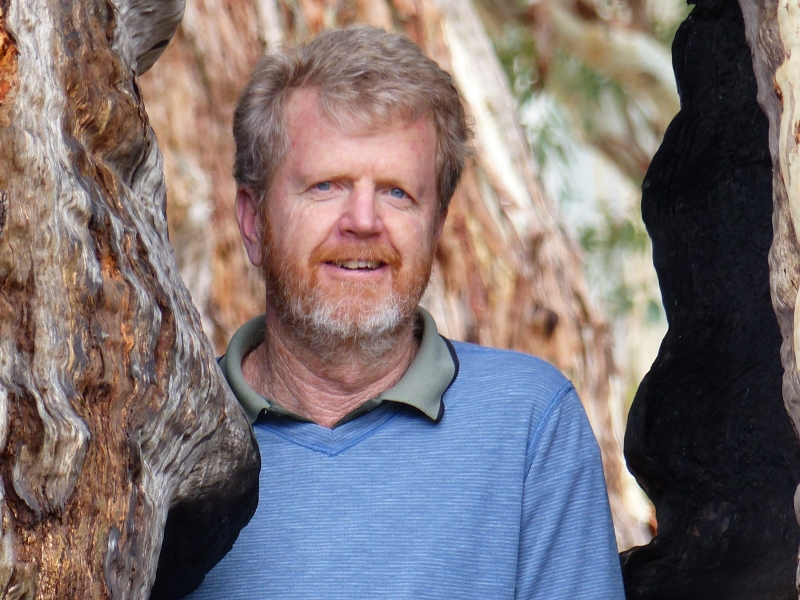Professor Tony Roberts,
University of Adelaide
Multiscale modelling of microscale heterogeneous systems: analysis supports systematic and efficient macroscale modelling and simulation
Course Outline
- Overview of macroscale modelling. Homogenise period-two diffusion on a lattice—the leading approximation. Resolve the microscale to regularise, rather than ‘singularise’. Boundary conditions. An ensemble of phase shifts underpins rigorous homogenisation, and underpins construction of higher order corrections. Nonlinear pattern formation is similarly rigorously supported. Open problems.
- Macroscale computation of microscale systems. ‘One Patch to rule them all, …’ Automatic macroscale closure. Nonlinear diffusion in one patch. A simple atomic simulation. Classic interpolation couples patches consistently and with dynamical systems support. Patch functions of the Equation-free toolbox.
- Macroscale computation of microscale spatial complexity. Couple patches of microscale heterogeneous diffusion for macroscale accuracy. How do communication delays affect such simulations? Open problems.
- Projective integration computes only on small bursts of time. Accuracy and stability for such schemes, even integrating backward in time with forward-time simulation. Projective integration of the Equation-free toolbox. Open problems.
- Possible workshop: using the Equation-free Toolbox, developing the toolbox.
Pre-requisites
- Undergraduate ordinary and partial differential equations
- State space
- Trajectories
- Stability
- Bifurcations
- Power series solutions
- Separation of variables
- Eigen-problems and Sturm-Liouville theory
- Basic numerical methods for time integration of ODEs and for spatial Discretisation PDEs
- Some perturbation methodology
Pre-reading and Lecture Notes
Review article by Kevrekidis, Ioannis G. and Giovanni Samaey (2009). “Equation-Free Multiscale Computation: Algorithms and Applications”, Annu. Rev. Phys. Chem. 60, pp. 321–44. doi: 10.1146/annurev.physchem.59.032607.093610.

Prof Tony Roberts,
University of Adelaide, South Australia
Professor Roberts develops and applies a branch of modern dynamical systems theory, in conjunction with new computer algebra algorithms in scientific computing. He derives and interprets mathematical and computational models of complex multiscale systems, both deterministic and stochastic. His development of the systematic centre manifold approach gives a powerful new paradigm for the construction of nonlinear dynamic models, complete with initial and boundary conditions, and sensitivity projections. He develops applications of this methodology mainly to free surface fluid dynamics in the flow of thin fluid layers, water waves, and on to turbulent floods and tsunamis. In general, he researches the modelling of emergent dynamics in complex systems.
Professor Roberts studied for a PhD at the University of Cambridge in nonlinear fluid dynamics. He was elected a fellow of Trinity College, Cambridge. Since then he has been Professor of Applied Mathematics at the University of Southern Queensland, and at the University of Adelaide.
